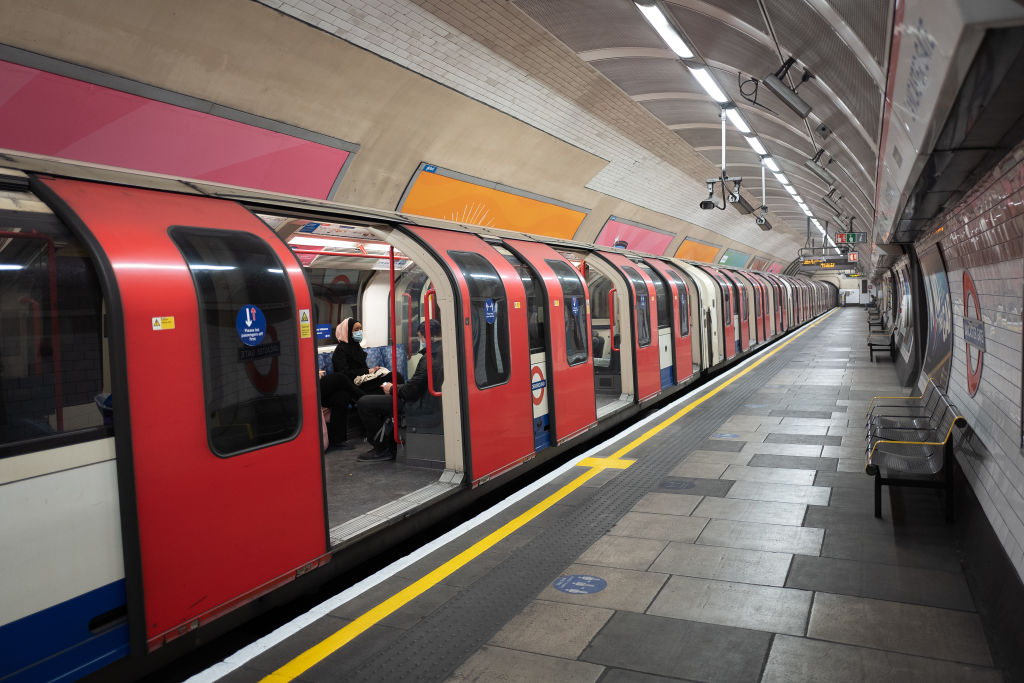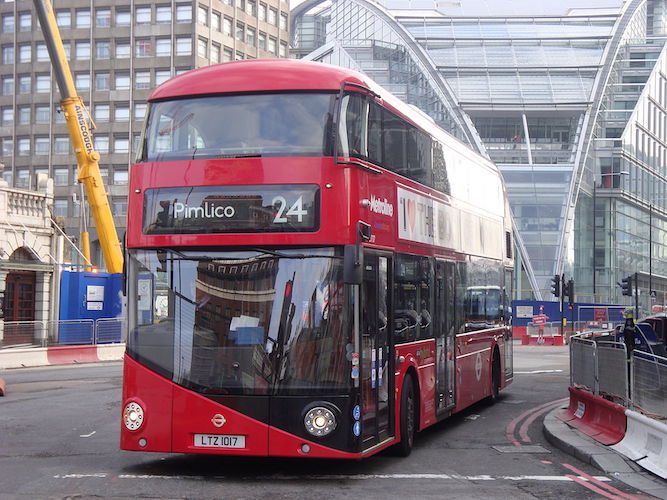Leon Daniels sums it up very well
Transport for London’s consultation on major surgery to the inner London bus network – released just before the four-day bank holiday weekend – was widely expected. But it contained proposals that strike at the heart of century-old core bus routes long familiar to us all. To understand why...

www.onlondon.co.uk
Leon Daniels: London now has too much bus capacity, but cuts must be sensitive and wise
22nd June 2022
Route changes and reductions should respect Londoners' emotional attachments and avoid fuelling a disastrous cycle of decline
LEON DANIELS
Transport for London’s consultation on major surgery to the inner London bus network – released just before the four-day bank holiday weekend – was widely expected. But it contained proposals that strike at the heart of century-old core bus routes long familiar to us all.
To understand why requires some historical context. From 1958 until 1982, bus ridership in London dropped. A long strike, the increase in households with televisions and more widespread private car ownership contributed to consistent yearly falls. There were over 7,000 peak vehicles in service in 1958, but by 1982 there were only 4,300. The cuts further encouraged the ridership decline, which in turn led to more cuts.
But the election in 2000 of Ken Livingstone as London’s first Mayor put that trend into reverse. Simpler routes, cheaper fares and punitive measures to discourage motoring led to about a decade and a half of growth, which continued after Livingstone left City Hall in 2008. By March 2017 a new high watermark was reached, with 8,174 peak vehicles in service each weekday.
Livingstone was clear on this issue: cheap and plentiful bus services meant people could more easily get to school or work, look for jobs, and visit bars, restaurants and theatres. Each subsequent Mayor broadly supported the principle although, as might be expected, under Boris Johnson the balance between taxpayer and fare payer contributions to the bus service was shifted one way, and under Sadiq Khan shifted back the other way with a long overall TfL fares freeze.
But a softening of public transport commuting in general could be seen as early as 2016. Several rail franchises were won on the basis of infinite latent demand, but that continued growth did not materialise and a long established rule, whereby Underground ridership broadly tracked economic activity and bus demand tracked population growth, ceased to apply.
Despite there being more Londoners, demand for bus services shrank, particularly on Fridays. Working from home and on-line shopping meant many commuter journeys were lost. And just as this change was being evaluated, along came Covid, causing ridership to plummet.
The post-pandemic reawakening has seen the trends of recent years fast forwarded, so that changes that would have taken ten to 15 years have been condensed into two. Ridership has recovered but now plateaued – Underground at 65 per cent of what it was and buses at 77 per cent. Here indeed is evidence of the permanent effect of working from home and on-line shopping. The deep averages


